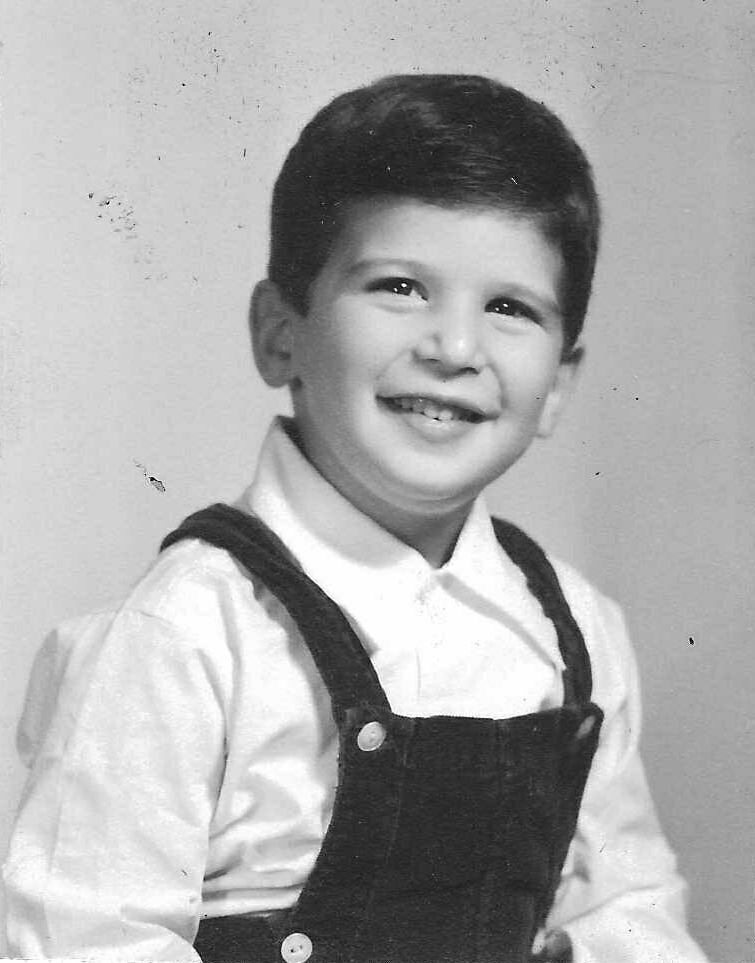
When I was a small boy I cried a lot. By all reports, I was an affable, joyful little guy, sensitive and always smiling, but as the years passed, I came under the shadow of my older brother who took out all his resentments on me. In a word, he was mean, and I was the object of his anger. Wally Cleaver he was not, more like Eddy Haskell.
Since my wife Norma died four months ago, I’ve been crying a lot, more than I have in many years, oceans of tears. Just thinking about crying makes my eyes water. It’s unstoppable; despite my manly habits of suppression, I have no choice but to let the tears flow.
So many of my daily activities bring on memories of ordinary life together with Norma. While driving to the Napa DMV to get my driver’s license renewed, I instinctively reached over to the empty passenger seat where she’d sit to take her hand, but came up empty handed of course, because she’s gone. And so the tears began.
It brought back an early memory of crying while in the car with my brother. I was five years old, and he was eight, and we were with my mother in our 1953 Oldsmobile while she went shopping in Larchmont, a town near where we lived. She had to run into a store to pick something up, left us in the car and said she’d be right back. Getting that something took longer than expected, and in the tension of that moment, my brother turned to me and pronounced, “She’s gone and she’s never coming back.” I took him seriously, and the thought of it came crashing down on me in an avalanche of despair and sadness. All I could do was cry, and I cried until my mother returned to the car.
When I told her why I was crying, she got furious with my brother, a scene so often repeated in my childhood I can still hear it. Even though he had made me feel terrible, when my mother or father became furious with him, I felt badly for him. Strange the way that works.
Now, when I think of Norma, my brother’s words come flooding back to me, “She’s gone, and she’s never coming back.” It wasn’t true when I was five, but it is true now.
There’re so many things I wish I’d said to Norma, so many ways I liked to make her happy. For me as a husband, and I think many husbands feel this way, her happiness made me happy. Happy wife, happy life. Not long before her sudden death I did tell her that “if anything happens to you, I will miss you terribly.” And I do.
Now my vulnerability is close to the surface, and it’s the part of me that Norma encouraged. Like most men, I mastered the suppression of vulnerability for many years, cultivating a stoic persona. During our 50 years together, I didn’t cry very often. Norma, on the other hand, cried freely and easily, and lived her days in a sensitive, vulnerable space. It’s what made her a wonderful therapist, and a good friend. With her help, I learned to work with my feelings more honestly.
Today was her memorial. If she were here to see my oceans of tears, she’d be crying right alongside me.
yes, oceans of tears.
It was so good to connect with you at the memorial. We thought it was a perfect tribute– although there could have been a hundred more people there (good thing there wasn’t!).
We’re thinking of you, Larry,
As you know, Norma was my older sibling and her influence on my little sister Helen and I was altogether positive – always. Other than the day she died, when I wailed in the bedroom, I haven’t cried much.
Dear Larry, I so appreciate your vulnerability here and I grieve with you in your tears. I have felt that kind of grief a time or two, where my heart felt torn asunder and the tears flowed with ease. Someone once told me that the Sufis pray to have their hearts broken so they can feel that incredible sense of vulnerability, which opens them to the world in a way that we normally seek to pave over with our normalcy. With that thought in mind, I felt a sense of welcome for the tears and appreciation of the extraordinary feeling I was having, even as it hurt to the core.